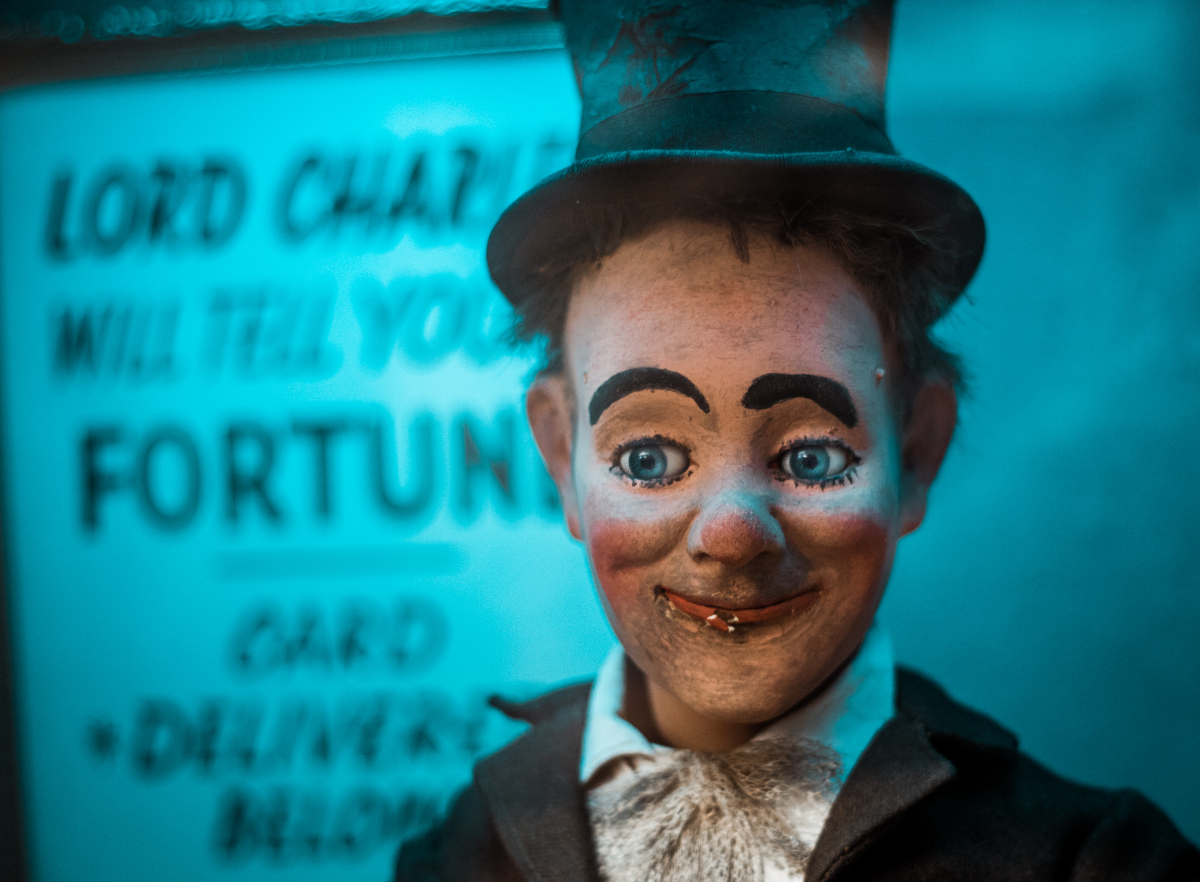Open mics are like hair styles and lovers and garden art and…well, anything we choose based on what we like or what fits.
But what if we don’t know what we like?
If you’re new to poetry performance, here’s a reductive but well-meant list of common variations on open mic.
First, a couple caveats:
- The above is based on my own experience — n=1, for all you statistics fans.
- Open mics are conceived by artists and populated by artists, who are notoriously allergic to being pigeonholed.
- Open mics are hyper-local. Which can mean quirky AF. Every town, every community, is unique.
Slam
Because slams are largely dominated by poets in their 20s, common themes include identity, social outrage, and relationships. Performances are typically forceful and poets often perform from memory. Even if they don’t strictly follow official slam rules or protocol, music isn’t usually involved.
You might fit well at a slam if you write long (3 minute) poems about what it’s like to be you, if you love a good rant, or if your poems are about your mother, brother, girlfriend, favorite teacher, or god(s).
Watch some slam style in action at Button Poetry or by searching YouTube for clips from HBO’s Def Poetry Jam.
Literary

A literary open mic tends to attract a wider range of ages and themes. They’re often open to short fiction and other genres (comedy, scripts, essay) but also don’t usually actively encourage musicians.
If you’re more comfortable reading from page or device, if your work is shorter form or nuanced, if your style is less performance oriented, this could be your thing.
For an easy compare-and-contrast between slam and literary, check out videos from NYC’s Page Meets Stage.
Spoken Word
The difference between spoken word and slam is a bit of a stumper. All I would add to Wikipedia’s usual handy starting point would be my anecdotal observation that spoken word is less rant-y than slam and more lively than literary.
Spoken word pieces like Screenwriter’s Blues (Soul Coughing), 9th and Hennepin (Tom Waits), and A Blues for Nina (from Love Jones) often have music behind them.
A rare few open mics — like Chicago’s Green Mill — have a house band that can improvise based solely on loose clues about mood and scene. This creates enormous potential for ephemeral magic and is my absolute favorite thing in the universe.
So if you happen to find one out there in the wild or if you host one yourself, please let me know! I will be your best poet friend for ever and always.
Music Open Mic

Many an open mic just doesn’t go for poetry. And I get it. The average bar patron or restaurant diner finds it interruptive or weird, and poets don’t have a reputation as big spenders.
If the show is at a live music venue with a stage and sound system, or if the slots are longer than 10 minutes, you can just about guarantee it’s for musicians only.
Still, some musician-heavy open mics accept (or even welcome) poets for a little variety. Usually they say so in the rules (“all art forms welcome” or something like that). If not, it’s best to ask before signing up.
Why would you? Well, for one thing, the room is probably full of guitar players and you might be able to convince one to join you on stage to make your own Green Mill-like thing. And if that goes well, maybe your spontaneous duet will blossom into a beautiful, long-term creative collaboration.
I’ll Have the Sampler
If you’re feelin’ real froggy, why not try them all?
Better yet, create your own event. The world is full of performers just waiting for the right open mic — one that’s just their style.






